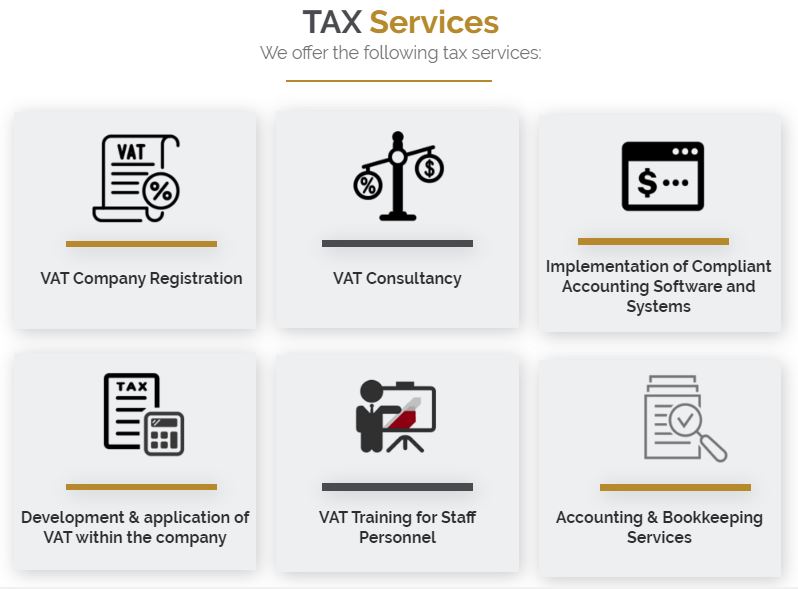
Before you consider launching your own financial consulting firm you need to decide on the business structure that you prefer. In general, you can operate as a sole proprietor, a partnership, a limited liability company or even a corporation. Selecting a legal business structure will shield you from personal liability as well as potential lawsuits. In most cases, you can form an LLC for a minimal fee by using a Best LLC Service.
Financial consulting fees
The Global Financial Consulting market is estimated to reach USD X.X million by 2026, rising at a CAGR of X.X%. This report provides details about the top providers and the overall market consumption. It also discusses the macroeconomic conditions and the COVID-19 Pandemic that is expected to adversely affect the market. The report also covers the market for financial consulting by type, application, region, and geography.
While some planners charge an hourly fee for their services, others bill clients per project. An hourly fee structure allows financial planners up to $2,500 to provide planning services for one year. They can also provide full-service portfolio management. Some bill only for 1 hour. Hourly-rate financial planners can also offer other services, such as investment advice. Before you hire a financial advisor, it is important to be aware of the fees.

Partner with clients to design individualized financial plans
Financial planning involves the act of carefully managing one's finances and reaching a desired result. Financial advisors assist clients in setting and achieving goals. They assess their financial situation and identify their goals. Then, they create a personalized plan and monitor progress. A financial planning firm, like K.W. Gutshall & Associates can help clients meet their financial goals using individualized financial planning. They work closely alongside clients to ensure that their financial plans are on target and make the most of available resource.
Remember that each client is different. Consider cultural expectations and norms that could impact the plan. A plan's past experience can also have an influence on it. Individualized financial planning can be trusted more by clients. As you develop your plan, make sure to hear what your clients think and value. This will help your clients live more comfortably in their financial lives.
Pay scale for financial consultants
The pay scale for financial consultants varies widely. Entry level positions can earn up to $26,000 per year. Financial Consultants in the middle 57% earn between $106,689 to $268,807 annually. Top earners earn upwards of $51,500 per year. These figures are based on many factors, including location and years of experience. Below are the common salaries of Financial Consultants working in different fields.
Solutions Pay is calculated to account for assets that have been removed from the practice of a Financial Consultant. These assets are then added up to the assets that they brought into their business. Then, the Consultant's pay rate is calculated. This rate can vary between 4.4 and 14 basis points for each $100,000 of client loan amount. An average Financial consultant earns $44 per $100,000 in loan balance. A $1 million investment account balance would allow the Financial Consultant to earn $60,000 per annum.

Ethics of financial consultants
Many ethical issues surround financial advisers, including conflict of interest and conflict of duty. Traditional ethics recognizes two main areas where conflict of interest could occur. When an adviser puts his or herself interests before the clients. These issues are rarely mutually advantageous. Advisors who are ethical would put the interests of their clients above their own. While it is permissible to sacrifice one's own interest in some situations, it is not ethical for advisers. As advisers, they should promote equality and mutuality as the foundation of their business.
This study examines the ethical decisions made by financial advisers. The AFS Code of Ethics outlines 12 ethical principles that financial advisors must follow in their practice. Financial advisers must always decide if they are acting in the best interests of their client. The financial adviser must consider the unique financial circumstances of each client before recommending an investment. This study also examines ethical concerns associated with high-risk investments and the sale of them to clients.
FAQ
What is the difference between consulting and freelancing?
Freelancers are self-employed individuals who offer their services to clients without employees of a company or agency. They generally charge an hourly rate depending on how long they spend on a client project. Consultants are usually employed by companies or agencies. Consultants are typically paid either monthly or annually.
Freelancers tend to have more flexibility than consultants because they control their work hours and set their own prices. Consultants have better benefits, like health insurance, vacation time, sick leave, retirement plans and etc.
How did modern consulting come to be?
Consultants were originally accountants who could help companies manage their financial affairs. They became known as "accounting consultants." This was because they had become very skilled at managing financial information. But, their role soon expanded to other areas such as human resource management.
The term "consultant" came from the French word for "to advise." It was used by businessmen to describe someone who could offer advice on how to run an organization. The word consultant is still used by most business owners to refer to any kind professional advisor.
How do you choose a consultant to help me?
There are three major factors you should consider:
-
Experience - How many years of experience is this consultant? Is she a beginner? Intermediate? Advanced? Expert? Is her resume a proof of her skills and knowledge?
-
Education - What did this person learn during school? Did he/she take any relevant courses after graduating? Are we able to see evidence of his/her learning through the way he/she writes
-
Personality – Do we like this person/person? Would you want this person to work for you?
-
These questions can help you determine whether the consultant is right for your needs. If you don't have clear answers, it may be worth meeting with the candidate for an interview.
What is the difference between a consultant and an advisor?
A consultant is an advisor who gives information on a particular topic. Consultants offer solutions to problems.
Consultants work directly with clients to help them reach their goals. A consultant provides advice to clients through books and magazines, lectures, seminars, and other means.
Statistics
- On average, your program increases the sales team's performance by 33%. (consultingsuccess.com)
- "From there, I told them my rates were going up 25%, this is the new hourly rate, and every single one of them said 'done, fine.' (nerdwallet.com)
- 67% of consultants start their consulting businesses after quitting their jobs, while 33% start while they're still at their jobs. (consultingsuccess.com)
- So, if you help your clients increase their sales by 33%, then use a word like “revolution” instead of “increase.” (consultingsuccess.com)
- Over 50% of consultants get their first consulting client through a referral from their network. (consultingsuccess.com)
External Links
How To
How do you find the best consultant?
The first thing to do when looking for a new consultant is to ask yourself what you want from him/her. Before you start looking for someone to work with, it's important that you know your expectations. It is important to make a list with all the requirements you have for a consultant. This could include: professional expertise and technical skills, project management capabilities, communication skills, availability, etc. You might also want to talk with colleagues or friends about their recommendations. Ask your friends and colleagues if they have had bad experiences with consultants in the past. Compare their recommendations with yours. Research online if you don’t already have recommendations. There are many websites that allow users to leave feedback about their previous work experiences, such as LinkedIn and Facebook, Angie's List or Indeed. You can use the comments and ratings left by others to help you find potential candidates. Finally, once you've got a shortlist of potential candidates, make sure to contact them directly and arrange an interview. At the interview, it is important to discuss your requirements and get their feedback on how they can help. It doesn’t matter if the person was recommended to you; it matters that they understand your business goals, and can show you how they can help.